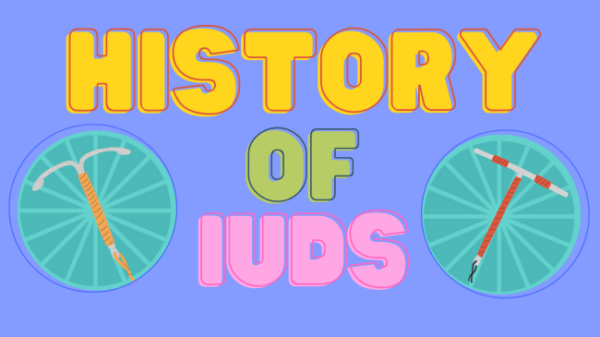Insights: Supported Decision-Making for Patients with Disabilities That Affect Capacity
Written by Jillian MacLeod
This Insights provides information about supported decision-making (SDM), which can be used as a tool in obtaining informed consent from people with disabilities that affect their decision-making capacity, like intellectual/developmental disabilities (I/DD) or cognitive disabilities.
A patient’s decision to access abortion or early pregnancy loss care is a significant one. As such, clinicians must ensure that patients with disabilities that impact their decision-making capacity have all the necessary tools to aid them in making informed decisions about their reproductive healthcare while preserving their autonomy to the greatest extent possible. In some circumstances, a person with a disability that affects their capacity may need assistance making decisions about their health care, but they may not necessarily need a guardian to make decisions for them. In these instances, utilization of supported decision-making (SDM) is a practical tool for obtaining informed consent.
Assuming Competence
When working with a patient with an I/DD or cognitive impairment, it is imperative to assume competence unless given compelling evidence to the contrary in order to preserve the autonomy of patients.1 If a patient indicates that they want or need to use SDM, you should respect that request. It may also be helpful to ask a patient if they would like to utilize SDM, and provide them with additional information if they are not aware of this tool and how it might benefit them.
Supported Decision-Making (SDM)
Currently, 18 states and the District of Columbia have laws recognizing SDM as a less restrictive alternative to guardianship/conservatorship that allows a person with a disability to maintain autonomy over their decisions.2 SDM is a process through which a person with a disability builds a team of trusted advisors (family, friends, community members, experts) who they can ask for advice when they need or want help making an important decision. The trusted advisors agree to help the person with a disability understand, consider, and communicate decisions, giving the patient with a disability the tools to make their own informed choices. The supporter does NOT make the decision for the person with a disability, and clinicians should speak directly to the patient, not the support person.3 The person with a disability and their trusted advisors may also execute a formal document that memorializes the commitment to undertake SDM, which may help clinicians feel confident in accepting the decision of the person with a disability without fear of legal consequences. It is essential to recognize individual and cultural biases around reproductive health and people with disabilities, especially given the historical context of reproductive coercion and forced sterilization. In light of this history, respecting the dignity and autonomy of people with disabilities to make self-determined decisions about their futures is imperative (whether their decision is to end a pregnancy or carry it to term).
A patient who uses SDM might want to bring someone along to their appointment in person or may want to call a supporter over the phone. The process of SDM may take longer due to the patient’s need to consult others, so it is important to be patient and answer as many questions as necessary. The patient may also need to schedule a follow-up appointment so that they have time to consider the decision and consult with their trusted advisors before making a final decision.
To learn more about the use of supported decision-making in the provision of healthcare, please refer to the Supported Decision-Making Manual for Medical Professionals. To learn more about inclusive practices in sexual health clinics, please explore the Inclusive Sexual Health Services: Practical Guidelines for Providers & Clinics tool. Visit the Disability Rights Education and Defense Fund (DREDF) website to learn more about advancing the rights of people with disabilities.
RHAP Resources:
Contraceptive Pearl: Practices of Consent and Autonomy for Patients with Disabilities, Part 1
Contraceptive Pearl: Practices of Consent and Autonomy for Patients with Disabilities, Part 2
Early Pregnancy Loss (Miscarriage) Treatment Options
Sources:
Pharma-free: The Reproductive Health Access Project does not accept funding from pharmaceutical companies. We do not promote specific brands of medication or products. The information in the Insights is unbiased, based on science alone.
Sign-up to Receive Insights Monthly!
If you enjoyed this Insights, sign up to have them delivered to your inbox! Insights are released on the fourth Tuesday of every month!

